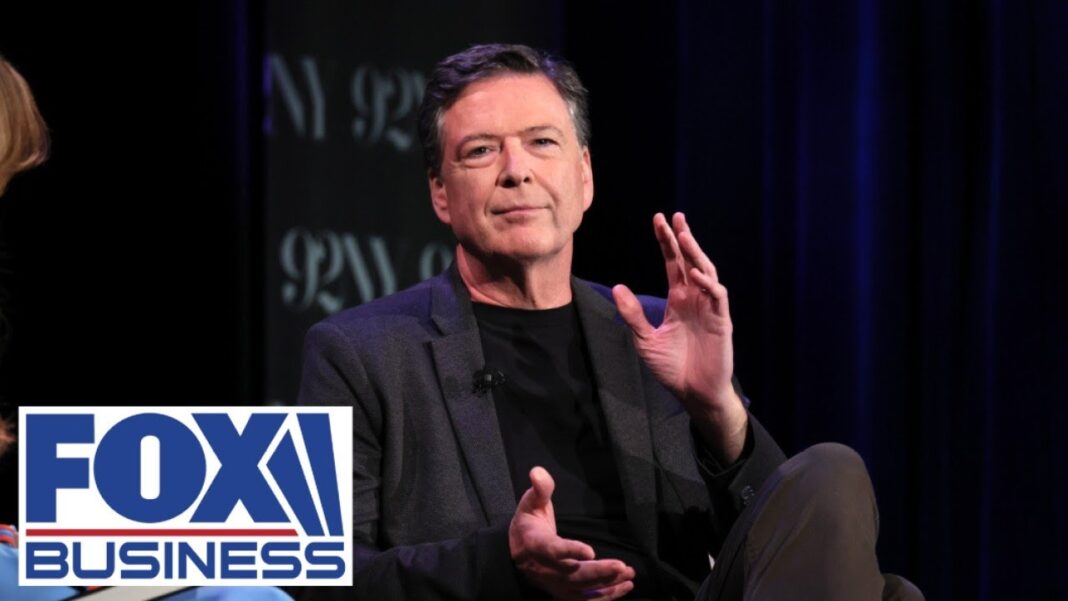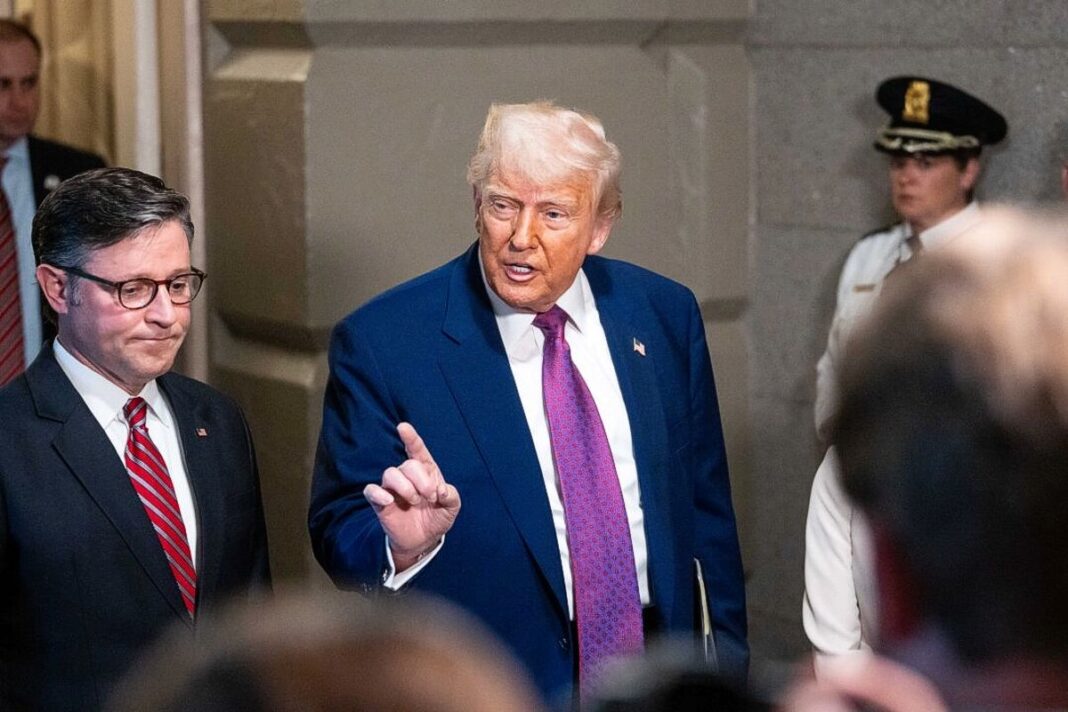The health secretary criticized the WHO for not addressing shortcomings during the COVID-19 pandemic.
Health and Human Services Secretary Robert F. Kennedy Jr. addressed the World Health Organization (WHO) on May 20, stating that its political involvement—specifically allowing the Chinese communist regime to exert “undue influence” during the COVID-19 pandemic—was a key reason President Donald Trump withdrew the United States from the Geneva-based organization.
In video remarks, Kennedy said that in becoming a “tool of politics,” the WHO “turned its back on health and health security.”
“This all became obvious during the COVID pandemic when the WHO, under pressure from China, suppressed reports at critical junctures,” Kennedy said.
The Chinese regime has failed to acknowledge that the COVID-19 pandemic originated in China. Instead, it recently published a report that points to the United States as the virus’s place of origin.
The regime covered up the epidemic in 2019, causing a delayed global response to the pandemic. Documents released by a congressional committee in 2024 revealed that a China-based researcher had mapped the SARS-CoV-2 virus sequence two weeks before sharing the information with the world.
Kennedy in his video address criticized the WHO for not addressing shortcomings during the COVID-19 pandemic.
“Global cooperation on health is still critically important to President Trump and myself, but it isn’t working well under the WHO, as the COVID era demonstrates,” he said. “The WHO has not even come to terms with its failures during COVID, let alone made significant reforms.”
Kennedy said the Pandemic Agreement that the WHO Assembly approved on May 20 would “lock in all of the dysfunctions” of the 2020 WHO response.
The agreement puts in place a set of procedures for member states to follow for pandemic prevention and response, including guidance on prevention programs, the role of vaccine developers, and public awareness campaigns. Critics say the accord gives the WHO too much power over individual nations and that some provisions amount to surveillance of citizens.
Jay Bhattacharya, now the director of the National Institutes of Health, previously raised concerns that such an agreement could trump national sovereignty and accelerate the adoption of heavy-handed policies.







